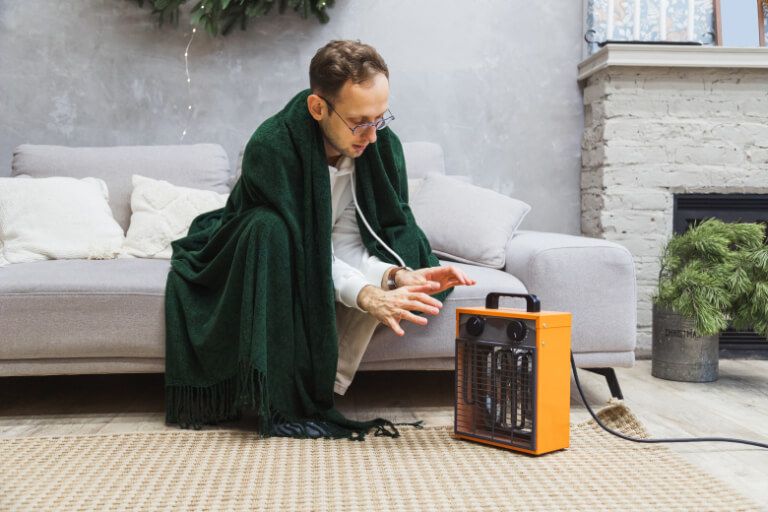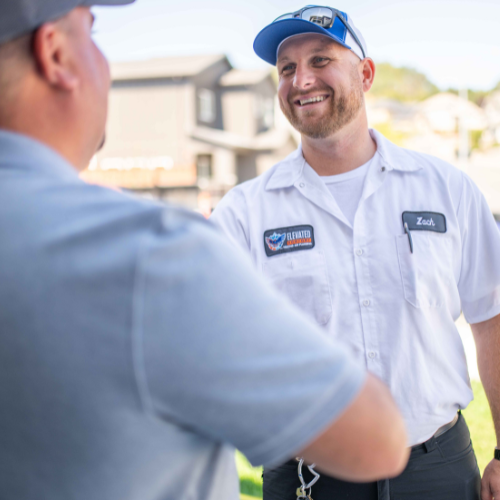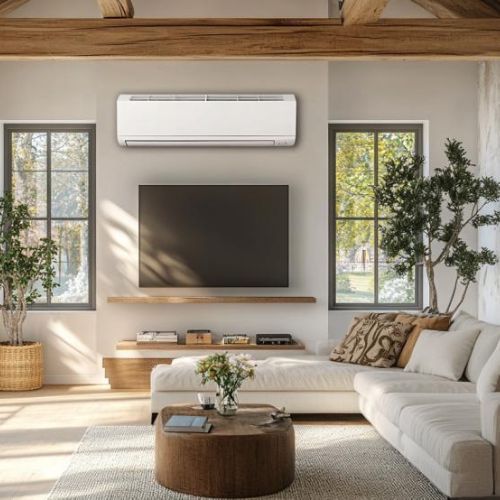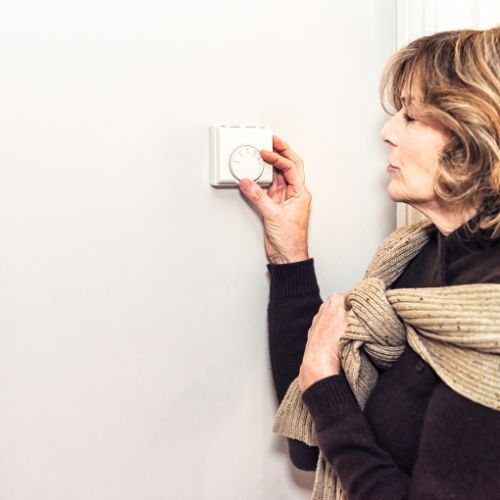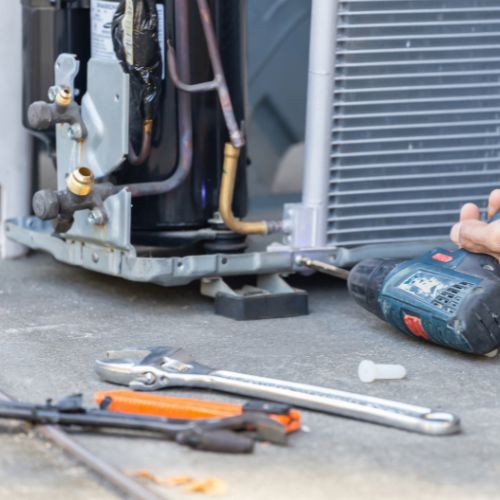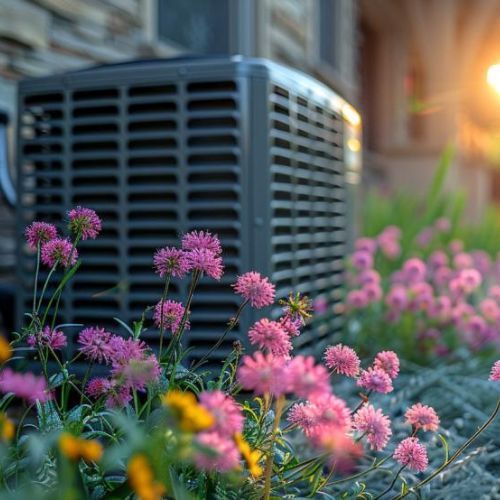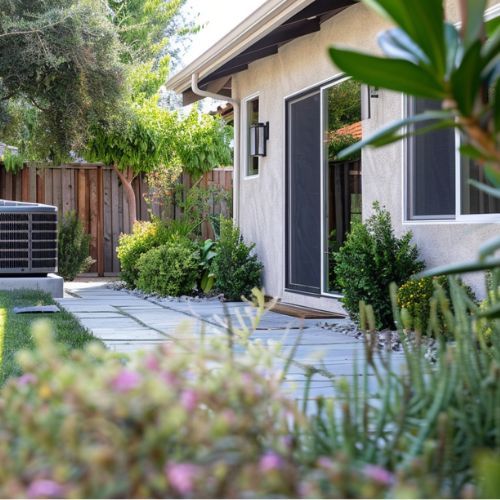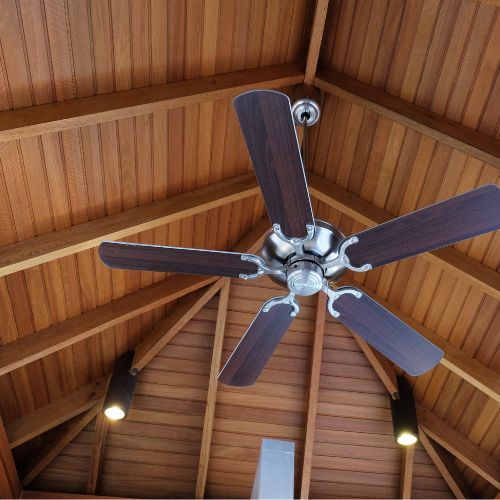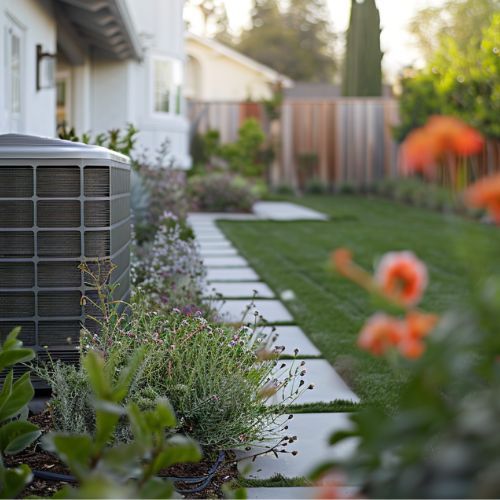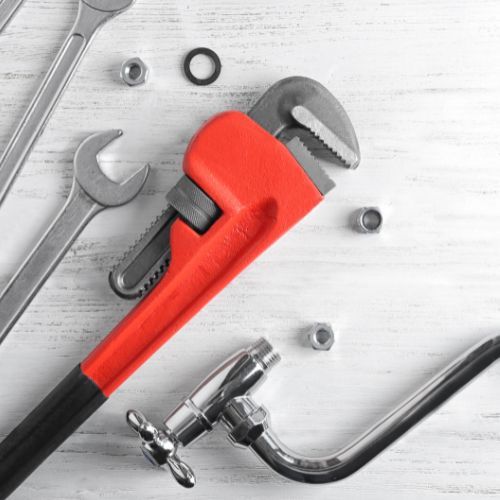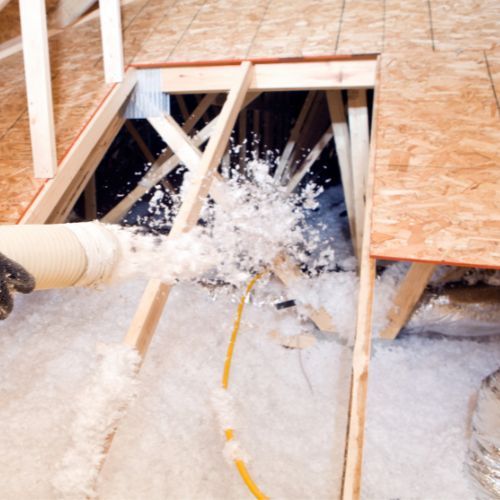Heat Pumps: Expectation vs. Reality
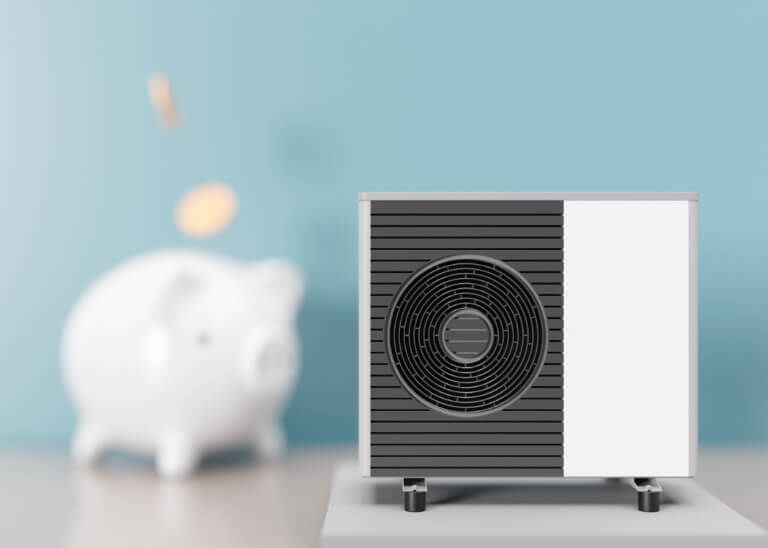
Table of Contents
ToggleWhen it comes to buying a new home comfort system, there are countless factors to consider. Not only do you need to keep in mind things like your budget and the size of your home, but you also have to take into account how much energy each type of system uses. You may have heard that heat pumps are more efficient than air conditioners and, therefore, better for the environment, but is this actually true? In this article, we’ll explore some common misconceptions about heat pumps so you can make an educated decision about what kind of system is best for your home.
Expectation – Heat pumps are more energy efficient than air conditioners.

Reality – Not all heat pumps are equally efficient.
Heat pumps are rated by SEER (seasonal energy efficiency ratio) and HSPF (heating seasonal performance factor). SEER is the most important rating to consider when buying a new heat pump; it measures how much cooling you can expect from your system over time based on its design and efficiency. The higher the number, the more efficient your system will be at transferring heat into your home or business–and thus, less expensive to operate over time.
HSPF is also essential in some climates; it measures how much heating capacity you can expect from your system under certain conditions, typically 30 degrees Fahrenheit outside temperature with no wind chill or precipitation present, in order for this test data to apply accurately as a general rule of thumb when determining if installing new weatherization devices like window treatments (blinds/shades), insulation upgrades etcetera might help reduce monthly utility bills even further than switching out old inefficient equipment such as refrigerators/freezers with newer models made using modern materials that require less electricity consumption during operation times.”
Expectation – Heat pumps have a longer life than the average furnace or air conditioner.

- They have a longer life than the average furnace or air conditioner.
- Heat pumps don’t need much maintenance because they’re self-contained units that work automatically to keep you warm in winter and cool during summer months.
Reality – Heat pump life depends on where you live, how it’s maintained, and many other factors.
In reality, heat pumps are not as efficient as you might expect. Heat pump life depends on many factors, including:
- Where you live. In warmer climates, heat pumps are more efficient than in colder climates. This makes sense because it’s easier for the compressor to move air when it’s warm outside than when it’s cold outside! So if you live in an area where it gets below freezing during the winter months (like me), then your heat pump will likely not last as long as someone who lives somewhere with milder winters like Florida or California – even though both states have hot summers too!
- How well maintained your home is kept up over time; whether or not there is adequate insulation; whether or not leaks have been patched up properly – these things all contribute towards how well-maintained your system needs to be before we can give an accurate estimate of its longevity based on our experience working with these systems every day here at Aire Serv Co Inc., so make sure that if there are any problems with leaking pipes under floors etcetera ad nauseam then call us today so we can fix them before they become serious problems down the road!
Expectation – Heat pumps don’t need a lot of maintenance.
Heat pumps require regular maintenance to keep them running. They must be maintained every 2-3 years and inspected by a professional every year. You can make sure your heat pump is working correctly by performing these simple tasks yourself:
- Check the condenser coils for debris, dirt, or leaves that could be blocking airflow and causing problems with efficiency or performance.
- Check electrical connections for damage or corrosion; replace any damaged parts as needed (for example, if you notice water dripping from the compressor).
Reality – Regular maintenance is required to keep your heat pump running continuously.
As a homeowner, you may have come to expect that your heat pump will continue running without any problems. This is not the case. Regular maintenance is required to keep your heat pump running continuously.
Regular maintenance is also required to keep your heat pump running efficiently, safely, and quietly. Heat pumps are designed with internal components that wear out over time due to use and exposure to elements such as dust and dirt particles, which can cause blockages in air ducts or filters, leading them not to work correctly anymore if left unattended for too long!
Expectation – When paired with an air handler, heat pumps can heat and cool your home at the same time.
When paired with an air handler, heat pumps can heat and cool your home at the same time.
Air handlers are devices that move air through a home. They are used in both heating and cooling systems to move heated or cooled air through the home.
Reality – Air handlers boost efficiency and can help improve heating for heat pumps in cold climates, but they aren’t absolutely necessary for heat pump operation.
Air handlers are not absolutely necessary for heat pump operation, but they can help improve heating in cold climates. Air handlers boost the efficiency, comfort, and durability of your system by providing stable airflow through the ductwork inside the home. This can improve heating performance in cold climates and make your home feel better all year round.
Air handlers are especially helpful if you have an older or less efficient unit installed before 2010 because they use less energy than standard wall-mounted residential furnaces or baseboard radiators to move air through your HVAC system’s ductwork–and that means fewer dollars spent on utility bills each month!
Expectation – The most important thing to consider when buying a heat pump is its SEER rating.

The SEER and HSPF ratings are both ways of measuring how efficient a particular model is at converting energy into heat for your home. The higher the number on these metrics, the better your investment will be in terms of long-term savings on utility bills and environmental impact. But don’t worry–we’ll explain all this in more detail below!
Reality – SEER ratings are essential, but HSPF ratings are equally important during the winter months when your heat pump will be running in heating mode.
The SEER rating is essential for cooling, but the HSPF rating is equally as necessary during the winter months when your heat pump will be running in heating mode. The SEER rating only shows how well a unit can cool and does not take into consideration how efficient it will be at converting electricity into heat. The HSPF (heating season performance factor) measures how well a heat pump performs over time by calculating its actual output compared to what it could produce based on its input energy use. This means that even though one unit may have a higher SEER rating than another, if they both have similar HSPF ratings, then you’ll get more bang for your buck since they’ll both use less electricity while producing equal amounts of heat!
Make Informed Decisions with Accurate Info
The truth about heat pumps is that they are not always more efficient than air conditioners. They also require regular maintenance, which can be costly.
Heat pumps are an excellent option for your home comfort system if you live in a climate where heating and cooling needs vary throughout the year, such as here in Northern California. Heat pumps can provide both heating and cooling to your home at an affordable price, but they do require regular maintenance to keep running efficiently.
Conclusion
Heat pumps are an impressive technology. They can help you save money on your utility bills and reduce your carbon footprint by using less energy than traditional heating systems. But as with any piece of equipment, there are some things you need to know before jumping in headfirst. Hopefully, this article has helped clear up some common misconceptions about heat pumps so that you can make an informed decision about whether one is suitable for your home!
Ready to Elevate Your Comfort? Call 707.284.1039 Today!
More Blogs
Categories
- AC
- AC Installation
- AC Maintenance
- AC Repair
- AC Replacement
- Air Duct Cleaning
- Air Quality
- Behind the Scenes
- Drain Cleaning
- Ductless Mini Split
- Furnace
- has-video
- Heat Pump
- HVAC
- HVAC Maintenance
- HVAC Services
- Indoor Air Quality
- Mini – Split Installation
- Plumbing
- Sump Pumps
- Tips
- Uncategorized
- Water Filtration
- Water Heater
